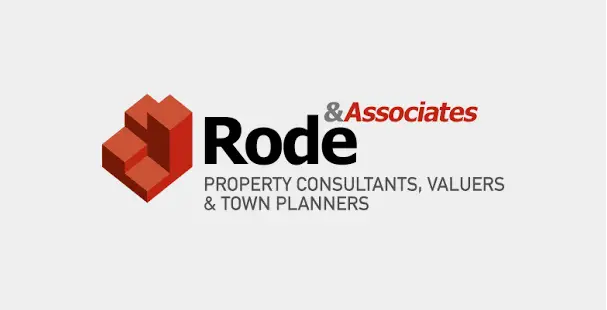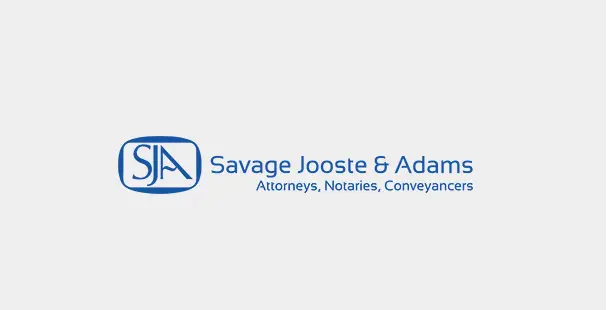Understanding the Legal Framework for Property Investment
Property investment can be a profitable venture, but it also comes with legal considerations. Whether you’re a first-time investor or an experienced one, understanding the legal framework for property investment is crucial to protect your assets and avoid legal issues. In this article, we’ll discuss the key legal considerations that every property investor should be aware of.
Property Ownership and Transfer
The first step in property investment is acquiring the property. This involves a legal process of transferring ownership from the seller to the buyer. In South Africa, the transfer of property is regulated by the Deeds Registries Act, which requires that all property transfers be registered at the Deeds Office. The transfer process involves various legal documents, including the Offer to Purchase, Sale Agreement, and Deed of Transfer.
Leases and Tenancy
Once you’ve acquired the property, the next step is to find tenants to occupy the property. This is where leases and tenancy agreements come in. A lease is a legal agreement between the landlord and tenant that outlines the terms of the tenancy, including the rent, duration of the tenancy, and responsibilities of both parties.
In South Africa, the Rental Housing Act regulates the relationship between landlords and tenants. The act sets out the rights and obligations of both parties, including the landlord’s obligation to maintain the property and the tenant’s obligation to pay rent on time. It’s important for property investors to ensure that their lease agreements comply with the provisions of the act to avoid legal issues with tenants.
Taxation
Property investment also comes with tax obligations. Property investors are required to pay tax on the income generated from their properties. This includes rental income and capital gains when the property is sold. It’s important for property investors to understand the tax laws and regulations that apply to property investment in South Africa. Seeking the advice of a tax professional can help ensure that you comply with the tax laws and regulations and avoid any legal issues.
Property Management
Property management is another legal consideration for property investors. Property managers are responsible for maintaining the property, collecting rent, and screening tenants. Property investors can hire a property management company to handle these tasks, but it’s important to ensure that the property manager is licensed and registered with the Estate Agency Affairs Board (EAAB).
The EAAB regulates the estate agency profession and ensures that property managers comply with the relevant laws and regulations. Property investors should also ensure that their property management contracts comply with the legal requirements to avoid any legal issues.
Property investment comes with legal considerations that every investor should be aware of. Understanding the legal framework for property investment is crucial to protect your assets and avoid legal issues. Property investors should ensure that their property transactions comply with the relevant laws and regulations, and seek the advice of legal and tax professionals when necessary. By doing so, property investors can enjoy the benefits of property investment while mitigating any legal risks.




















